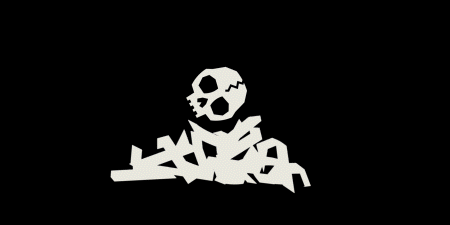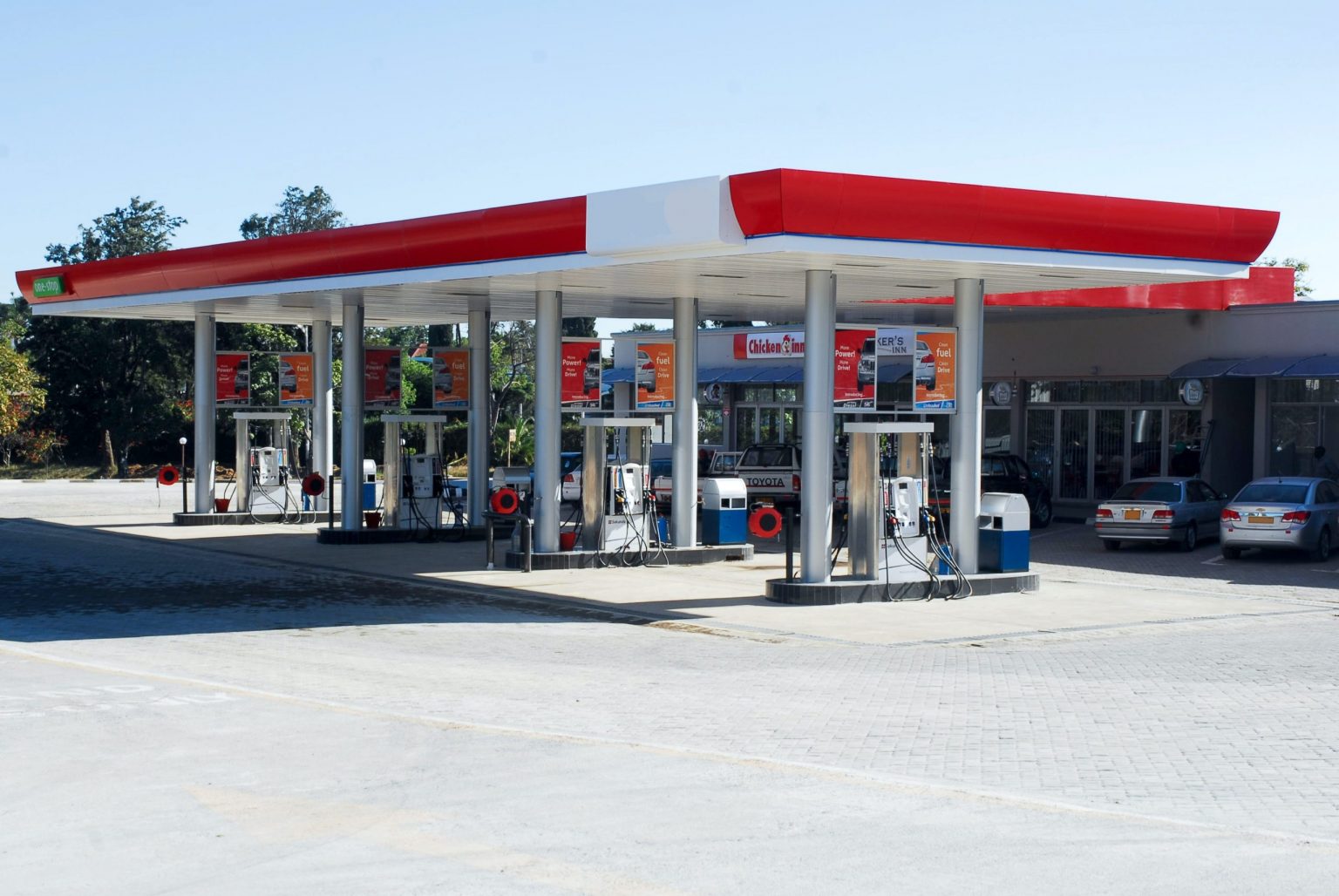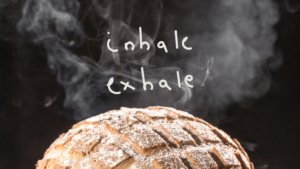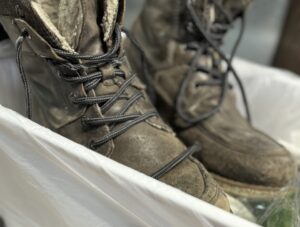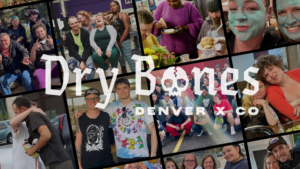Friends keep graciously reaching out to me asking how our friends experiencing homelessness are faring during these difficult times. Each time I respond, I am taken aback by my own answer. “Some of them are understandably anxious about it all; some of them are having a harder time finding safe and welcoming places to spend their day, reliable sources of food, places to charge their phones, things like that; and others don’t seem to be bothered by it, being used to living simply and on the edges of society.” I am taken aback by my own answer because on one hand this global pandemic has made people on the margins’ lives even more difficult, and on the other hand it has simply shifted the suffering they experienced on a daily basis in our pre-pandemic world. In some sense, those on the margins are able to turn to those of us who are more privileged in society and say, “Welcome to our world.”
A few days ago, I joined Matt in front of the Englewood library, closed and dark, to hand out pre-packed to-go lunches to some people we are connected with on the streets. We saved a few meals in my car, for I had plans to deliver these meals to some friends who were elsewhere after leaving the library. I called one of these friends a few times, and she didn’t answer. So I had one extra meal.
As I pull up to the intersection next to the gas station where I was meeting another one of our friends, a young man was holding a sign. I couldn’t read it through the flurries of snow that had recently begun swirling around. I rolled down my window to see if he wanted any food. “Hey man, would you like some food?” He turned around and started walking towards my car. “I have an extra meal and am gonna go park in the gas station right over there.” As he got closer, I realized I knew him. “Oh, Allen, hey!” At first he looked confused, not recognizing me behind my lavender face mask. Then he realized it was me. “Oh yeah, sure, I’d love some food.”
He ran across the crosswalk as I turned into the gas station parking lot. Edward, the friend I was planning to meet at the gas station who also knows Allen, got out of his friend’s car and walked over. I handed food to each of them, and we stood there—in a triangle 6 feet apart from one another—and chatted for a minute. I asked them how they were doing. Edward was fine, happy to have a friend to be with and a relatively secure place to sleep. Allen said he was frustrated with all the COVID-19 stuff then added, “But we’ll be alright. We know how to survive.” We exchanged goodbyes and went our separate ways.
“We know how to survive.” His words repeated in my head over and over as I drove to my next food delivery stop. Uncertainty, deprivation, simplicity, being told where you can and cannot go, existing on the margins of society—socially distanced from other people: These things may feel new to those of us for whom quarantine at its worst is a source of both boredom and feelings of purposelessness. But these things do not feel new to our neighbors who seek survival on the streets. They are used to surviving. So many people in our midst are used to surviving.
I pray that whenever this passes we in the center of society remember what it feels like to scramble to survive. I pray we have compassion on those to whom uncertainty is no stranger. And I pray that we work alongside those people for equity and justice. May it be so.
